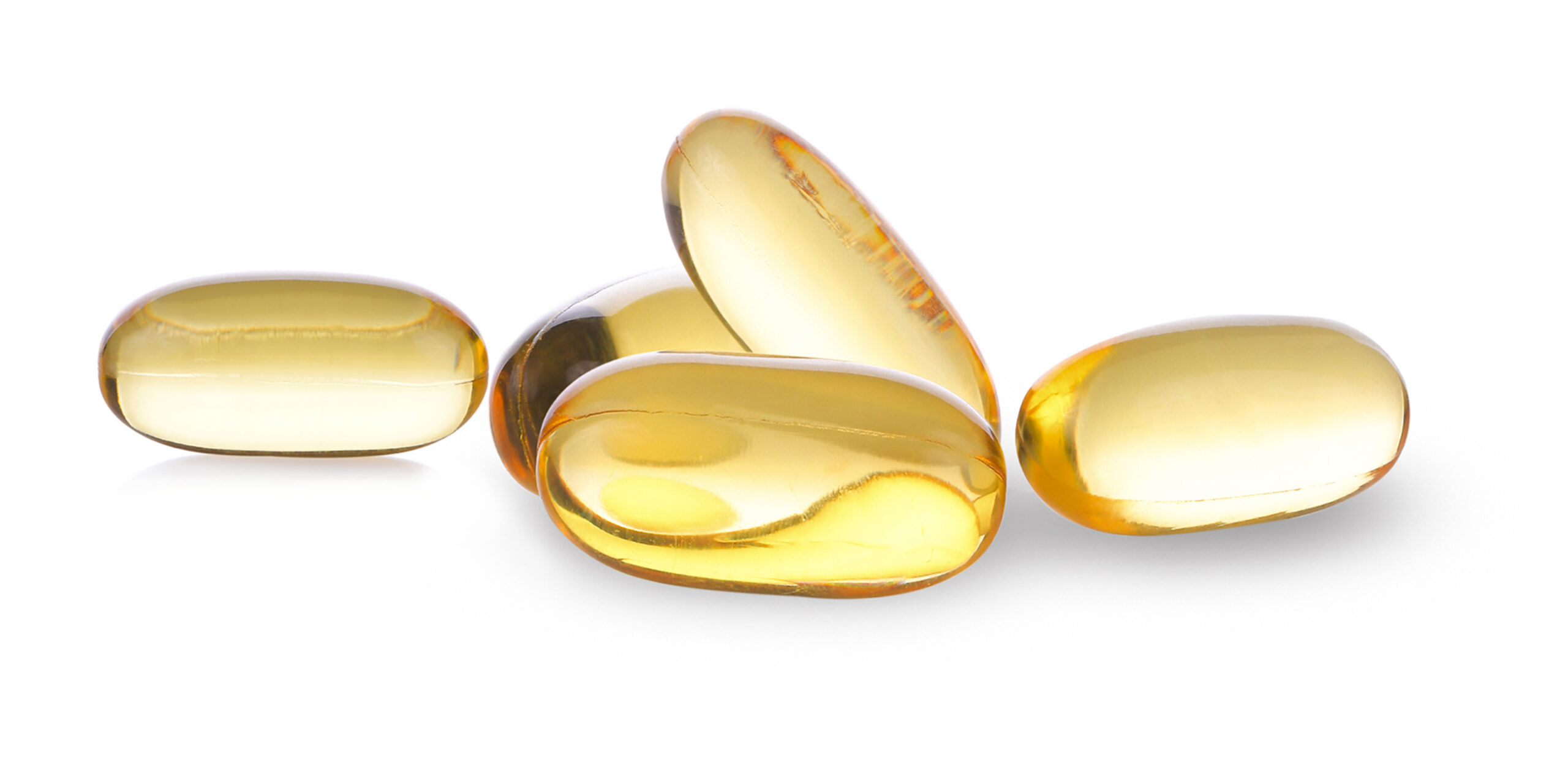Oral Hydrogel Technology for Weight Loss
Introduction: The global health landscape is increasingly contending with the challenges posed by obesity and related health conditions. A surge in innovative solutions is necessary to address this multifaceted problem. One of the promising developments in the field of weight management is the advent of oral hydrogel technology. This innovation is designed to promote satiety, reduce food intake, and lead to sustainable weight loss, all without the need for invasive procedures or systemic drugs.
Hydrogel Mechanism: Oral hydrogels are biocompatible, superabsorbent materials that expand in the stomach after ingestion, creating a sensation of fullness. These hydrogels are engineered to mimic the mechanical and structural properties of food, engaging the stomach’s natural response to the presence of substantial content. They can absorb a significant amount of water, expanding to fill a portion of the stomach and slowing gastric emptying. Consequently, the individual experiences prolonged satiety, reducing the total caloric intake.
Safety and Efficacy: One of the significant advantages of oral hydrogel technology lies in its safety profile. Being non-systemic, the hydrogels do not interfere with the body’s metabolic processes or hormonal balance. They are typically made from biocompatible and biodegradable materials, reducing the risk of adverse reactions. Clinical trials have demonstrated a reduction in weight and body mass index (BMI) among participants using oral hydrogels as part of a comprehensive weight management plan.
Integration in Weight Management: Oral hydrogel technology is particularly appealing for its ease of integration into various weight loss strategies. It can be employed as a standalone approach for individuals seeking moderate weight reduction or be combined with dietary and lifestyle modifications for enhanced efficacy. For individuals with obesity, oral hydrogels can be a precursor or adjunct to more intensive interventions, such as pharmacotherapy or bariatric surgery, improving their safety and outcomes.
Future Perspectives: The future of oral hydrogel technology is replete with possibilities. Continued research and innovation are expected to yield more sophisticated formulations with enhanced performance and tailored characteristics to meet individual needs. Furthermore, ongoing studies aim to elucidate the long-term effects and optimal usage protocols for these hydrogels, anchoring them firmly in evidence-based practice.
There’s also a growing interest in developing multifunctional hydrogels that not only promote satiety but also release bioactive compounds to enhance metabolism, improve gut health, or address specific nutritional deficiencies. This multifaceted approach would address weight management holistically, contributing to overall health improvement.
Conclusion: Oral hydrogel technology emerges as a promising ally in the global fight against obesity. It combines the principles of safety, efficacy, and convenience, offering a non-invasive option for individuals striving for weight loss. As research and development in this field advance, there is optimism that oral hydrogels will become integral components of personalized weight management plans, offering a tailored approach to address the unique needs and challenges of each individual.
With obesity being a complex condition influenced by genetic, environmental, and behavioral factors, integrating innovations like oral hydrogel technology with other medical and lifestyle interventions is paramount. In the quest for comprehensive and sustainable solutions to obesity, the combination of novel technologies, evidence-based practice, and individualized care emerges as the optimal path forward.
